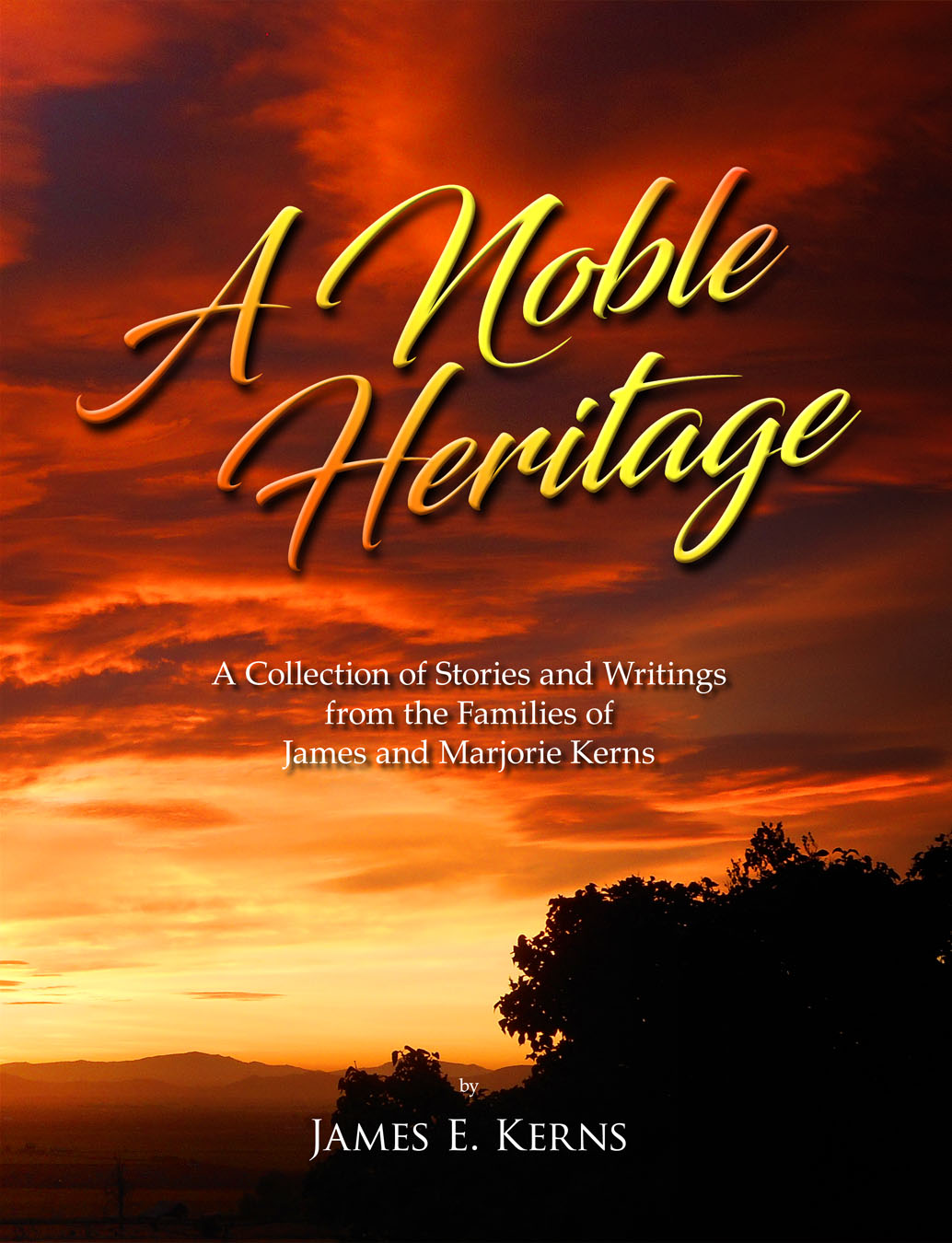Lucy Evelyn Waterbury Wight
By Lucy Davis Thorpe
Lucy Evelyn Waterbury Wight was born October 15, 1834 at Norfolk, St. Lawrence County, New York. She was the daughter of Solomon and Charlotte Post Waterbury. Her mother accepted the gospel and joined the church in New York about the time the saints started to gather for their move westward. Her father was not converted to the gospel, but because her mother was so anxious to come west with the saints, he agreed and was preparing to come when his wife took sick and died. At this time grandmother was 13 years old with two brothers younger. Although this was a great blow to the family, the father decided to carry out his wife's wishes and come on with the children, but within two weeks, he became ill one night and died with no one there except his three children and the nearest neighbor one and a half miles away. One child was afraid to go alone for help while the other two stayed with the dead man, and one was afraid to stay there while the other two went for help, so grandmother closed (her father's) eyes, straightened him out, and the three children sat there until daylight when they went for help.
After the death of her parents grandmother worked out in different families for about three years. Then at the age of 16, on January 29, 1850, she was married to Stephen Wight in New York. They had already accepted the gospel and so began their move westward with the pioneer train. The following year her first child was born at Little Pigeon, Iowa.
On entering Salt Lake Valley, they settled on Mill Creek, on what is now part of Salt Lake City, just five years after the first pioneer train had entered Salt Lake Valley with Brigham Young. She lived in Salt Lake until after her next three children were born. She endured all the hardships of the early pioneers, even lived in polygamy, for the sake of the gospel. Whenever she was able she taught school to help support her family.
In 1860 Brigham Young called grandma, her husband and family to go north to help colonize Brigham City. There her other five children were born. When one child, my mother, was four days old, the Indians danced a war dance in front of her house. At
Brigham she taught school, nursed the sick, and many times her last penny was spent to buy medicine for a sick neighbor. She was utterly unselfish. Even while teaching school, her salary was put into the family budget where the children of both families shared alike.
For a number of years she was secretary of the primary in the Brigham Third Ward. Of her nine children, six had been buried, so after the marriage of her last daughter, she moved to Pleasant View to be near her only son, Stephen Wight. On July 10, 1898 she became the first president of the Relief Society when it was organized in the Pleasant View Ward with Sara Jones and Elize Thomas as counselors. She kept the post office here for several years giving it up only when her health failed. She died March 7, 1908 at the age of seventy four.
She lived a full, useful, and unselfish life, helping to smooth the rough places and pave the way for generations that followed. I would like to liken her to a bridge builder who led the way and prepared the road for others to follow.
